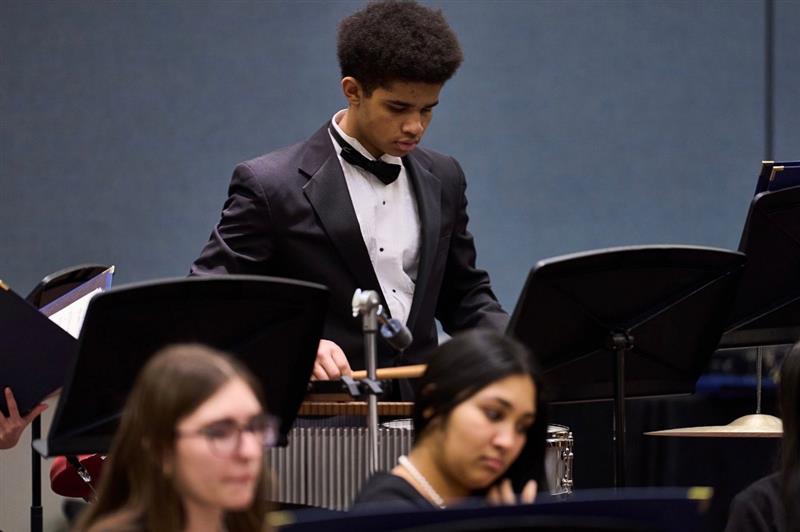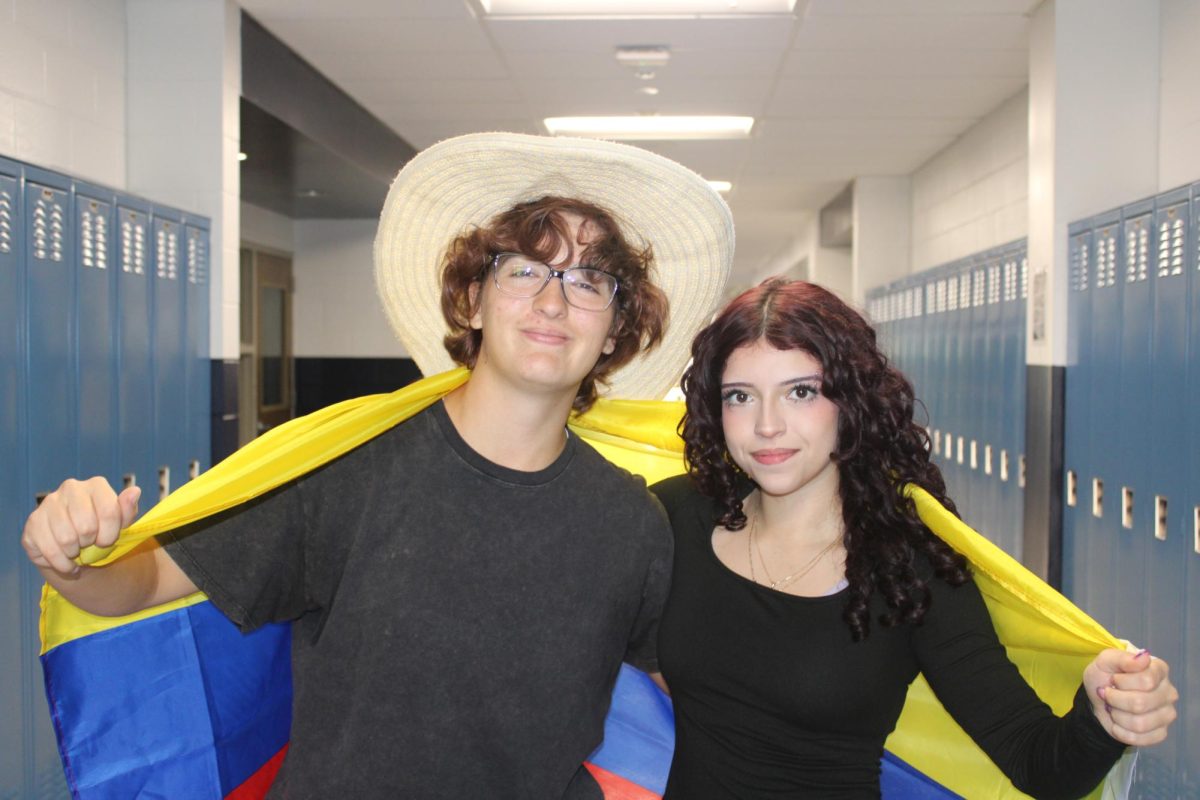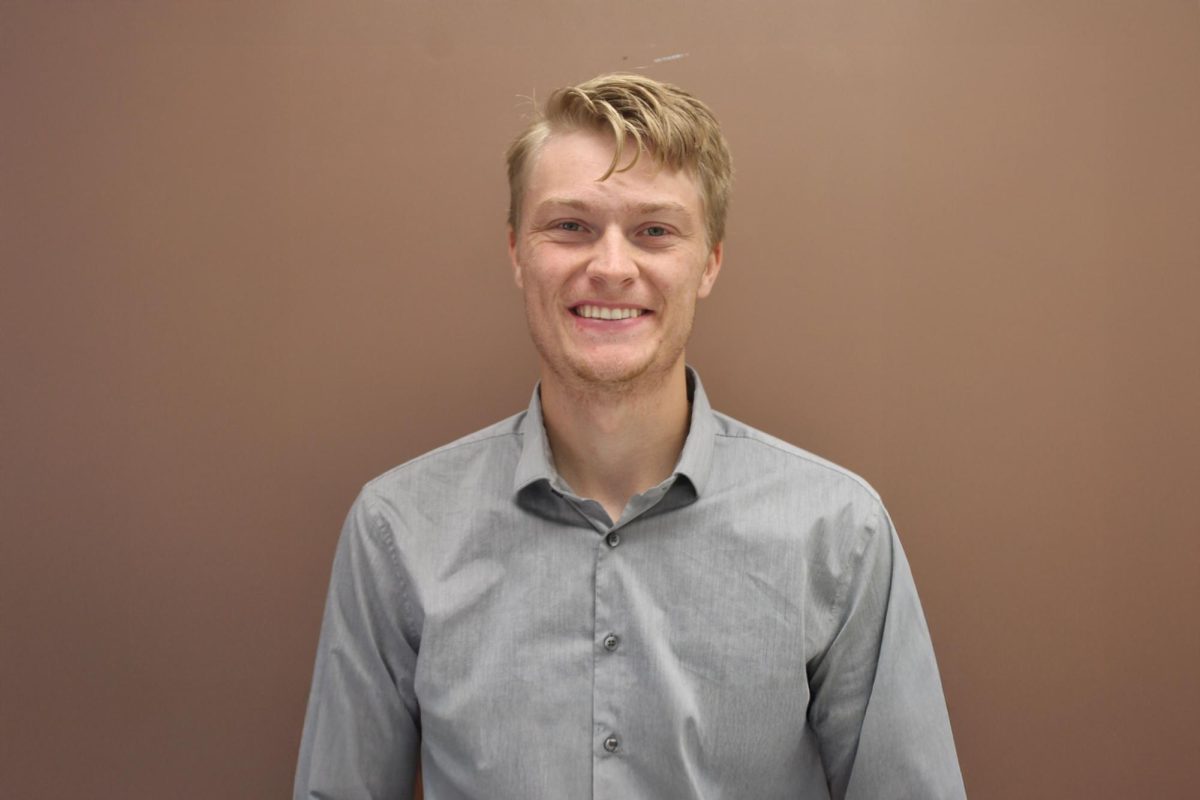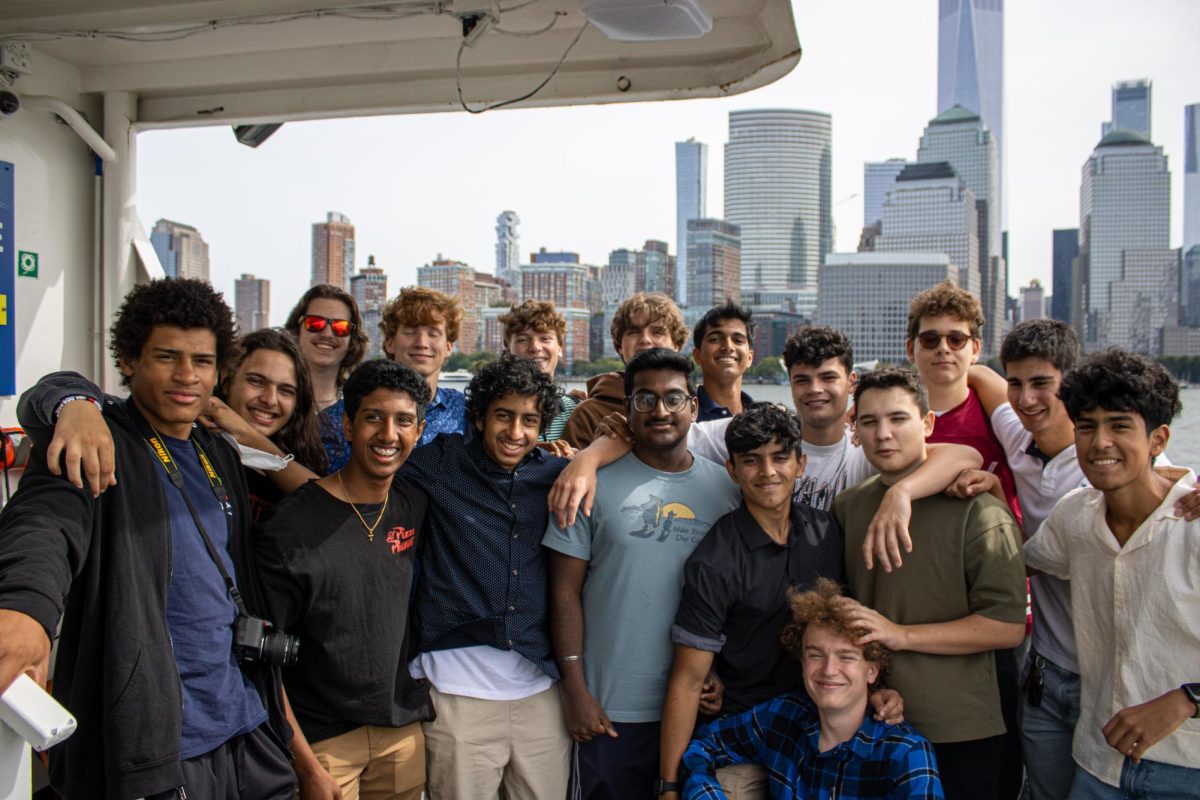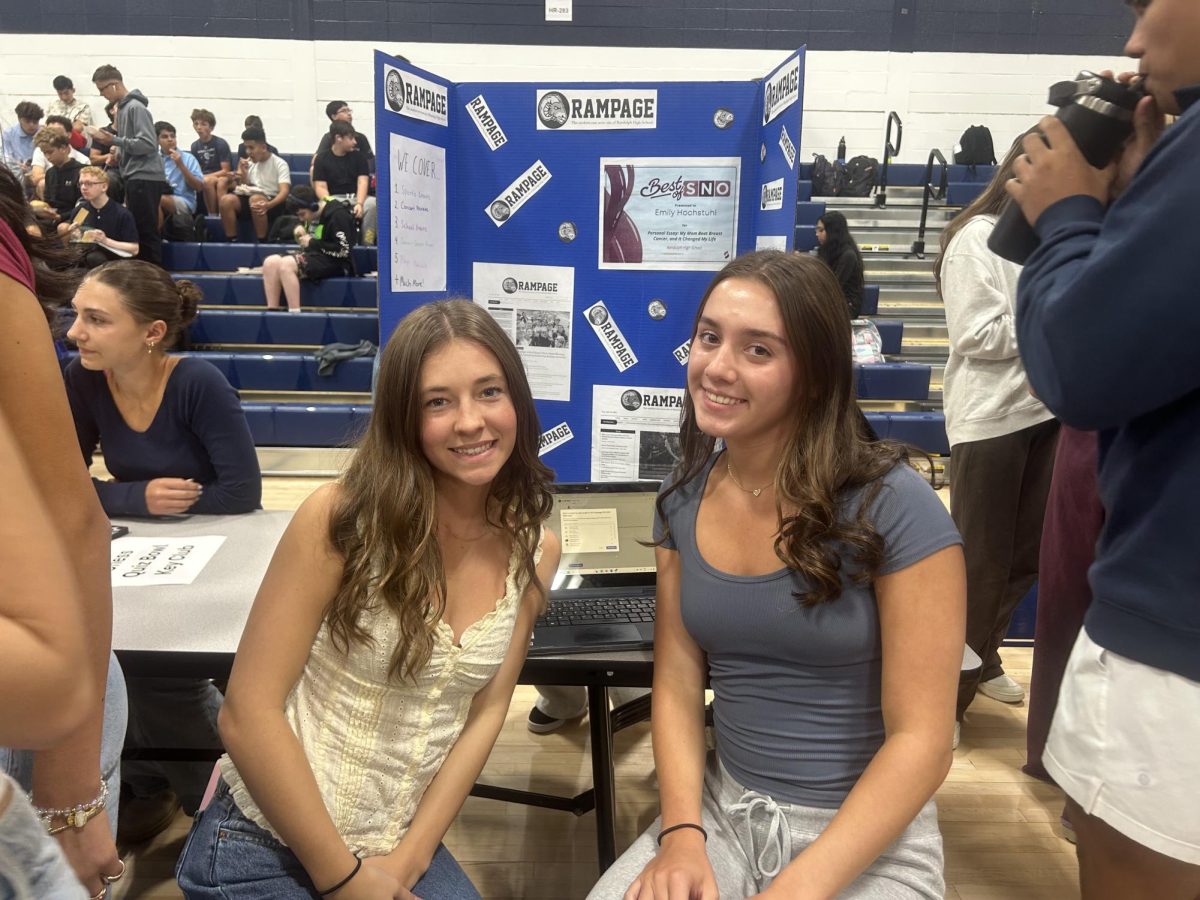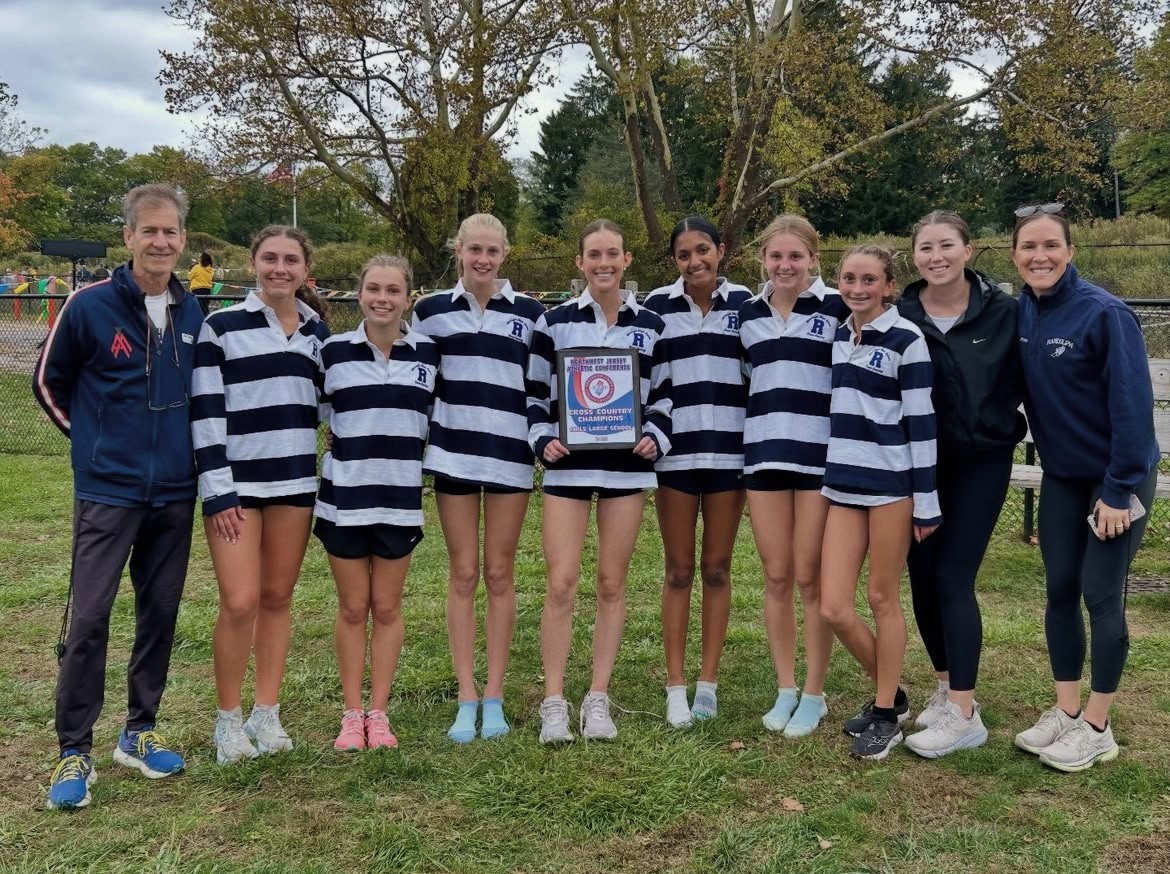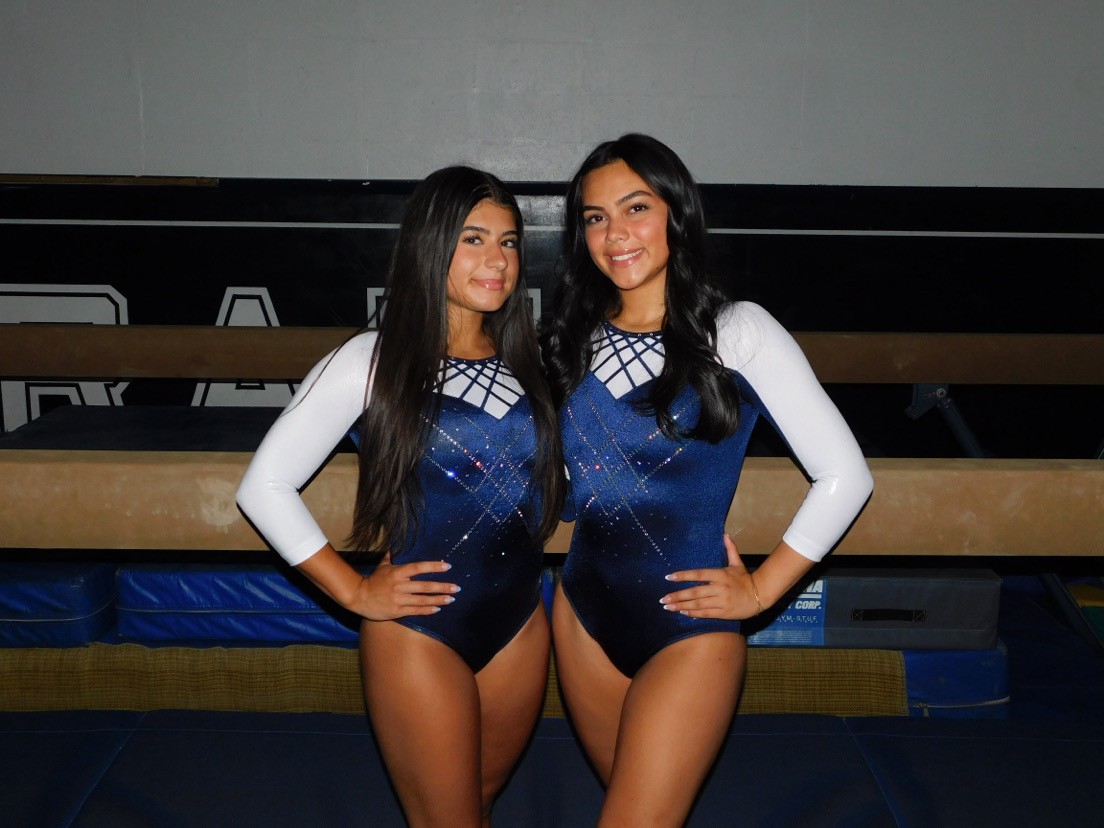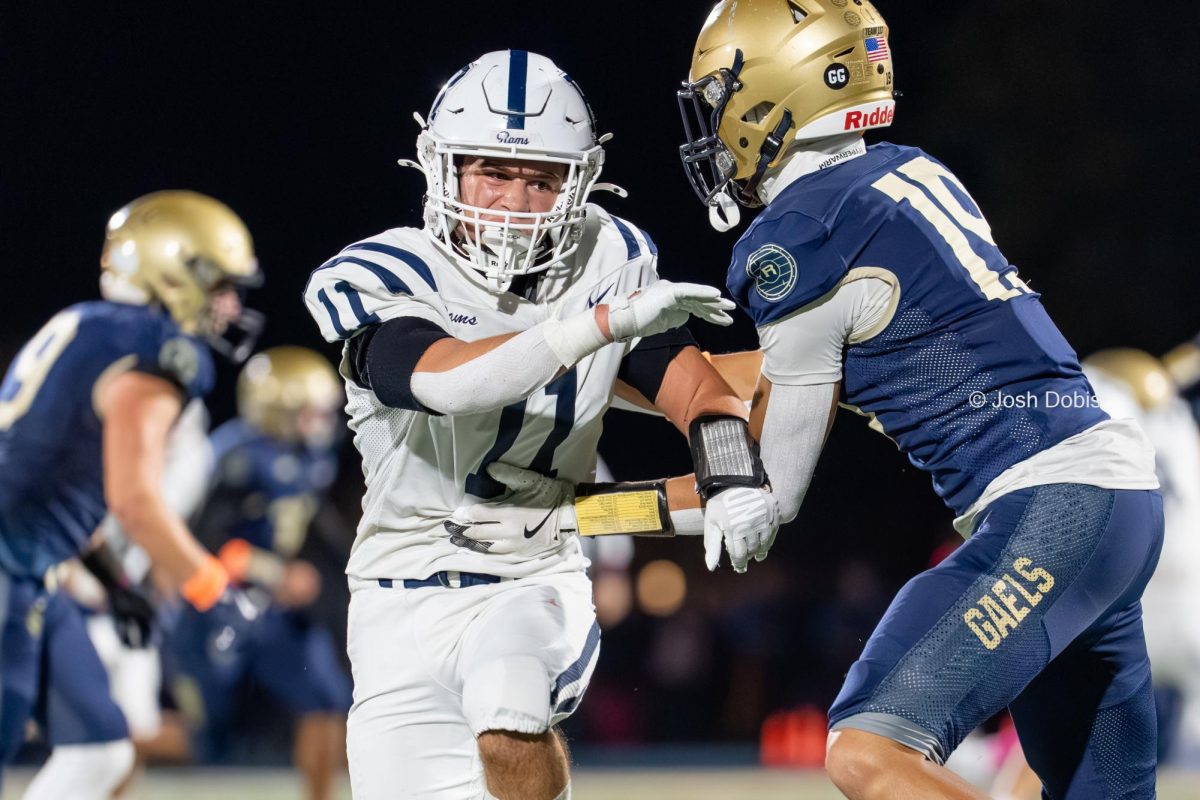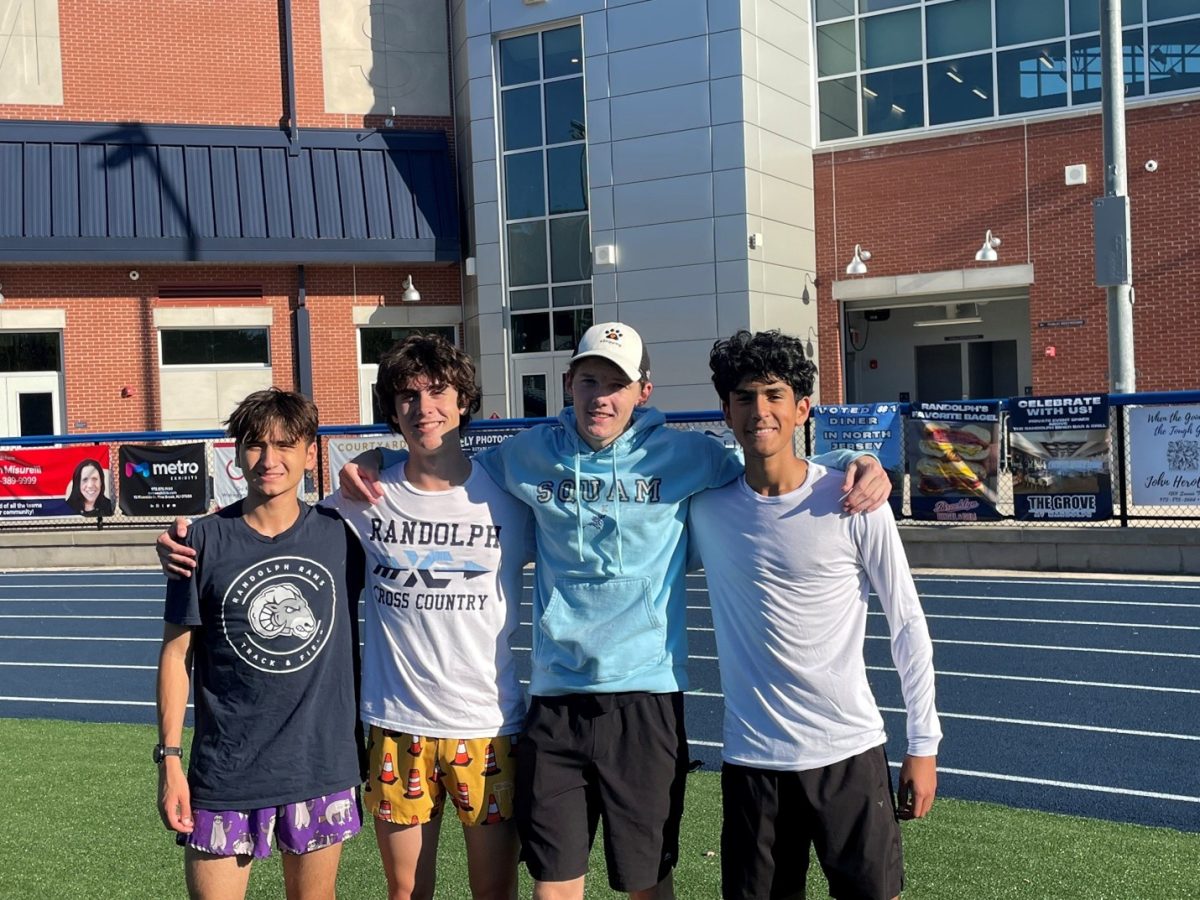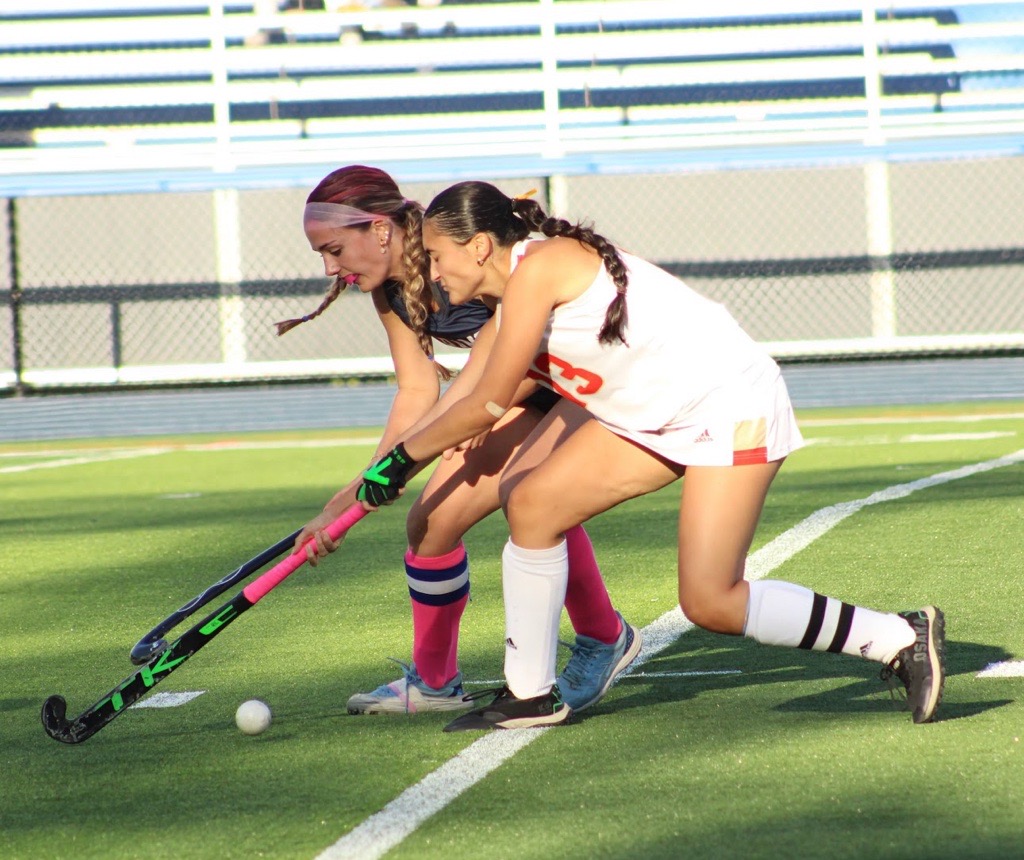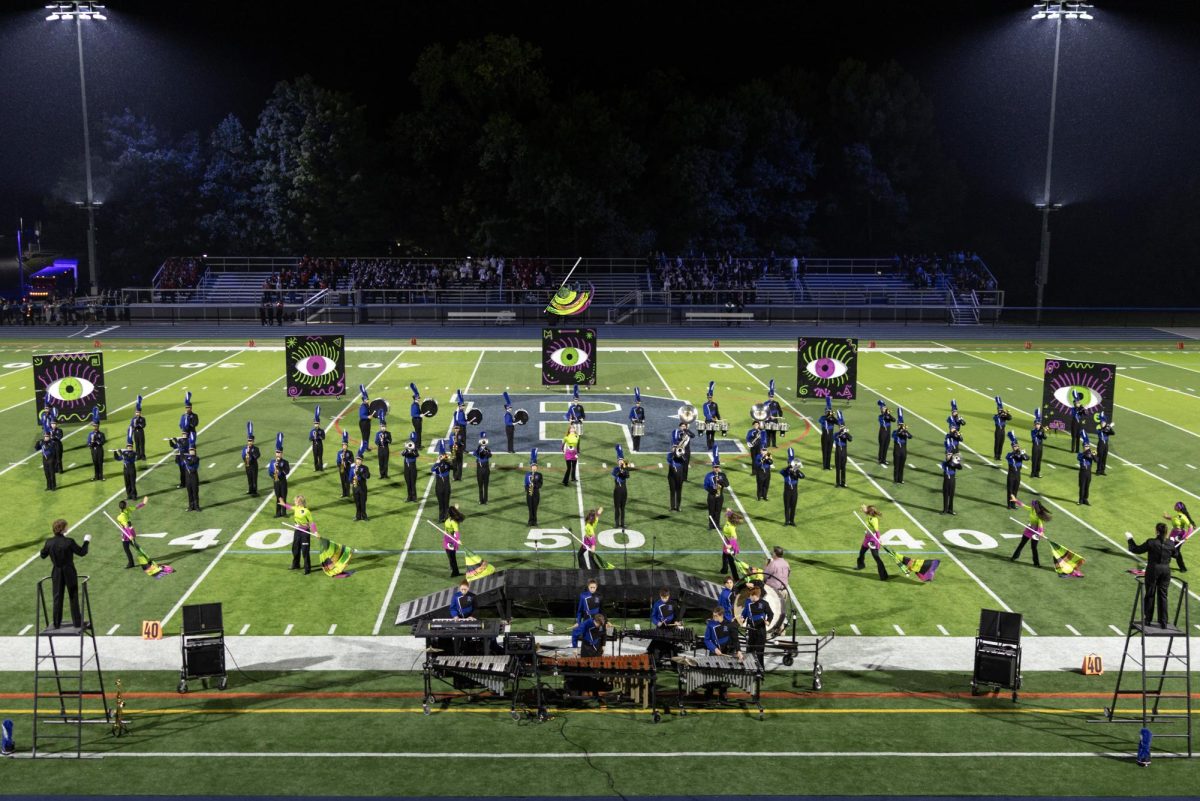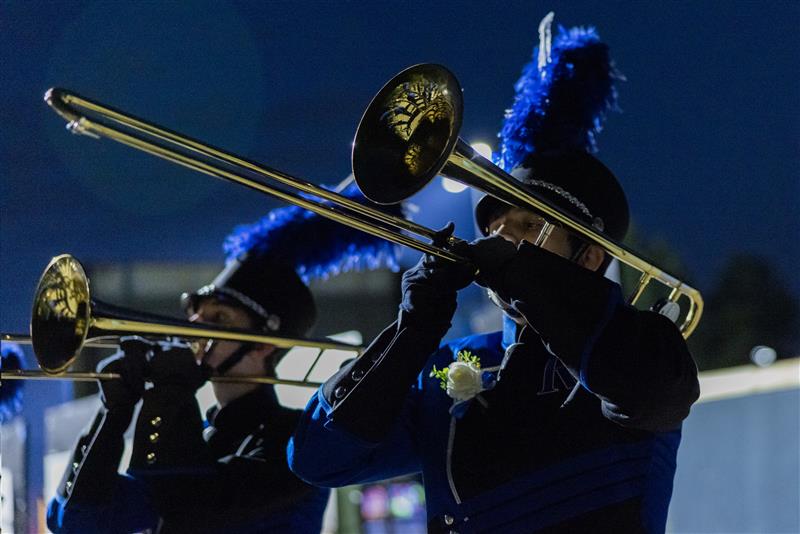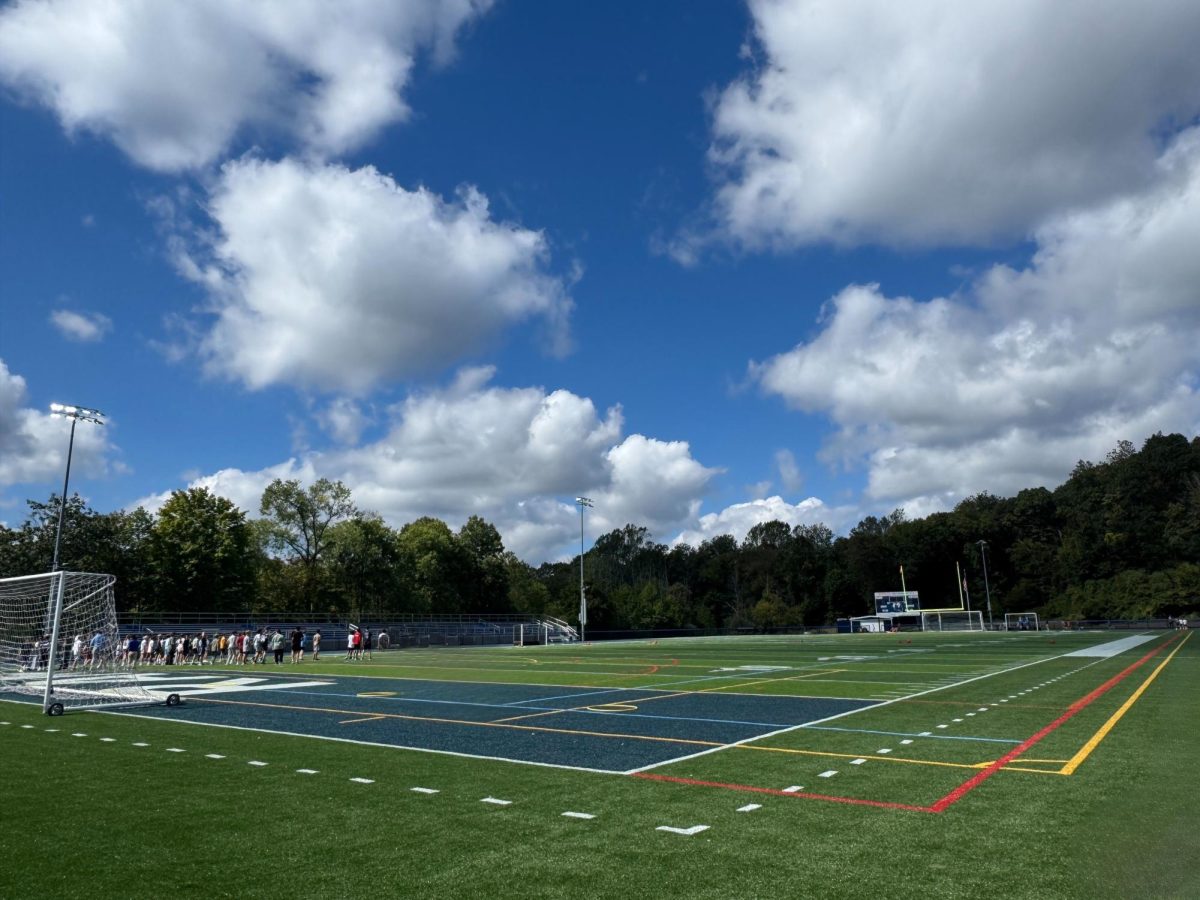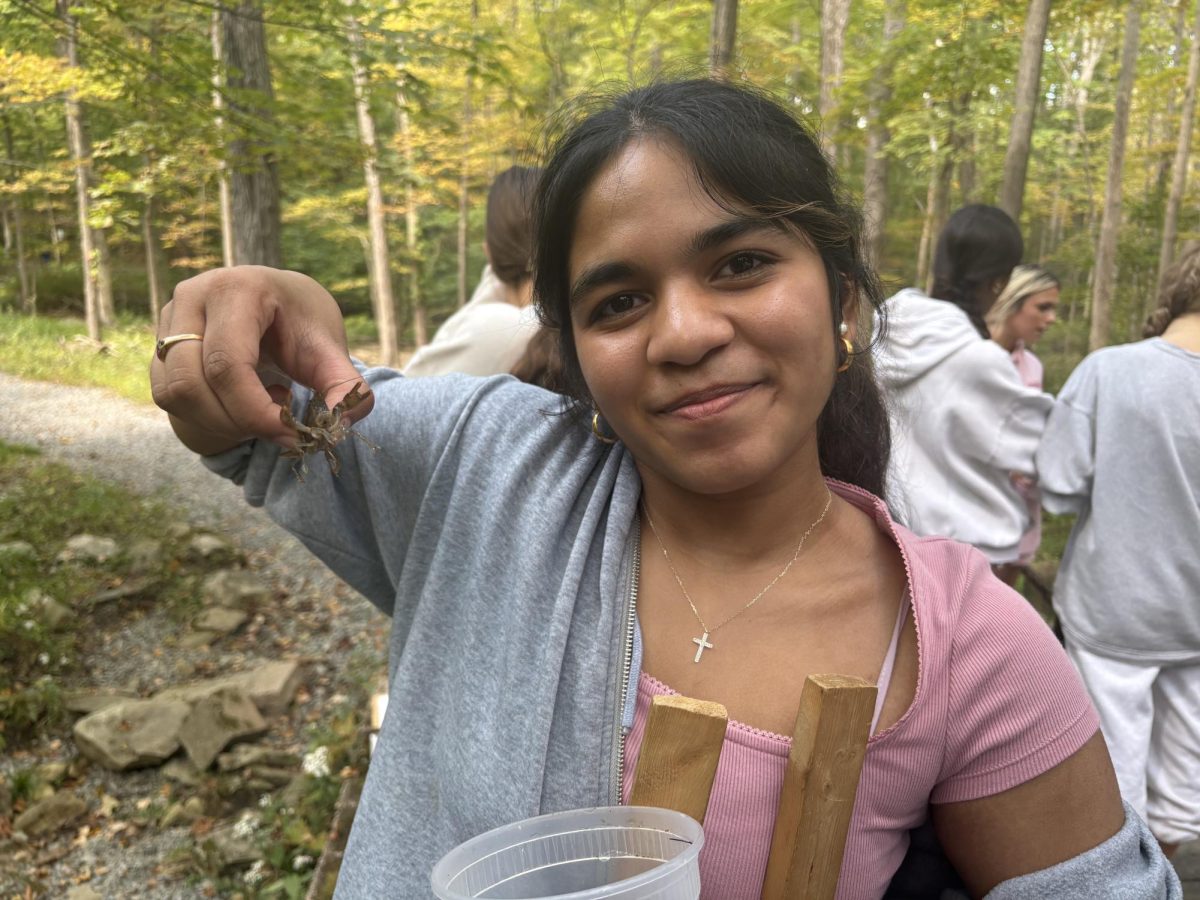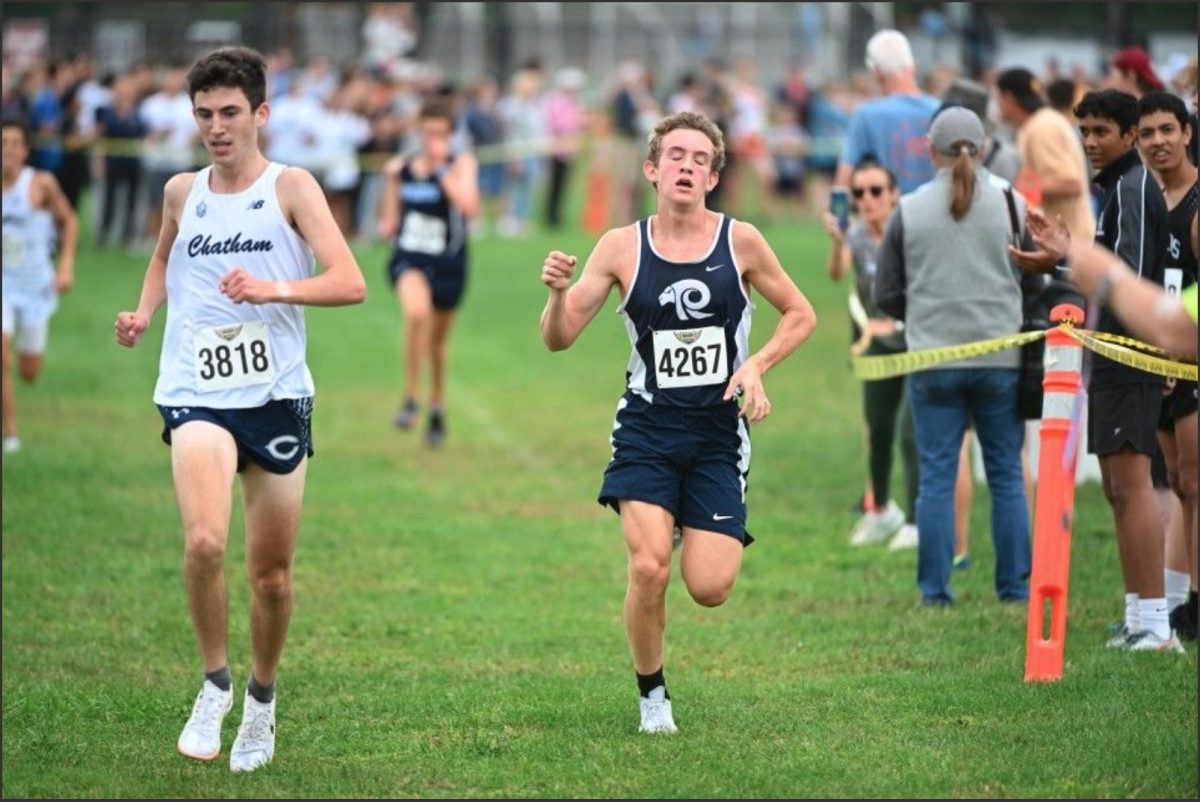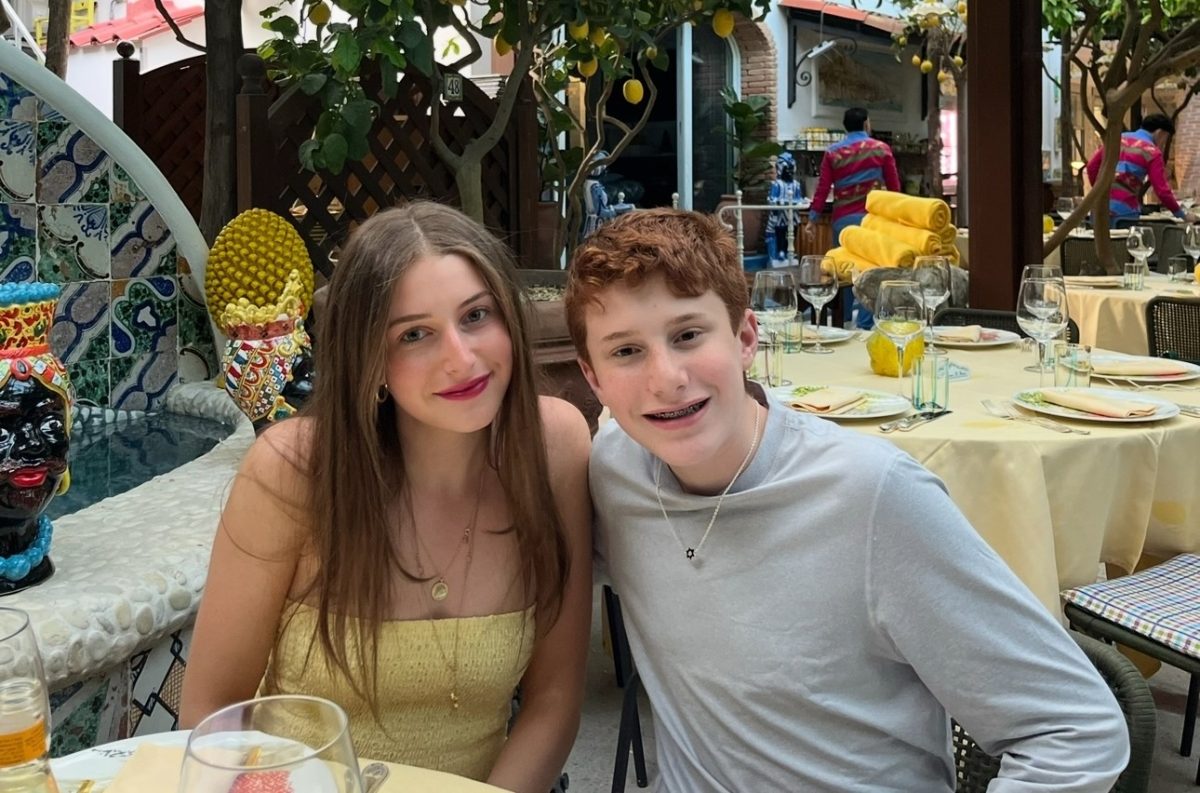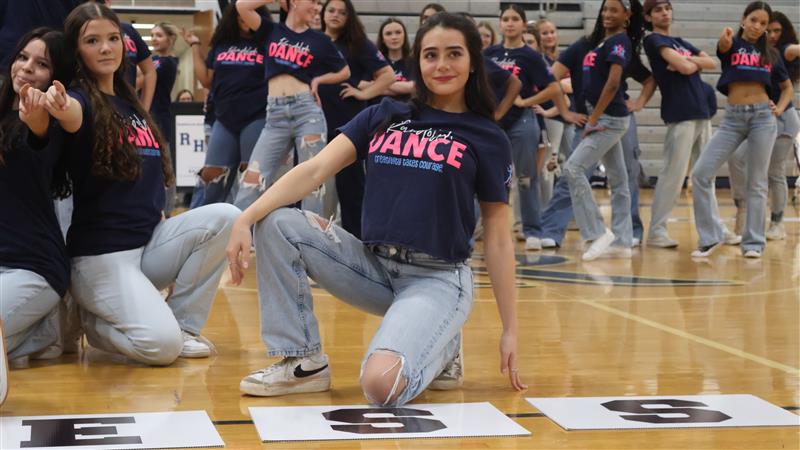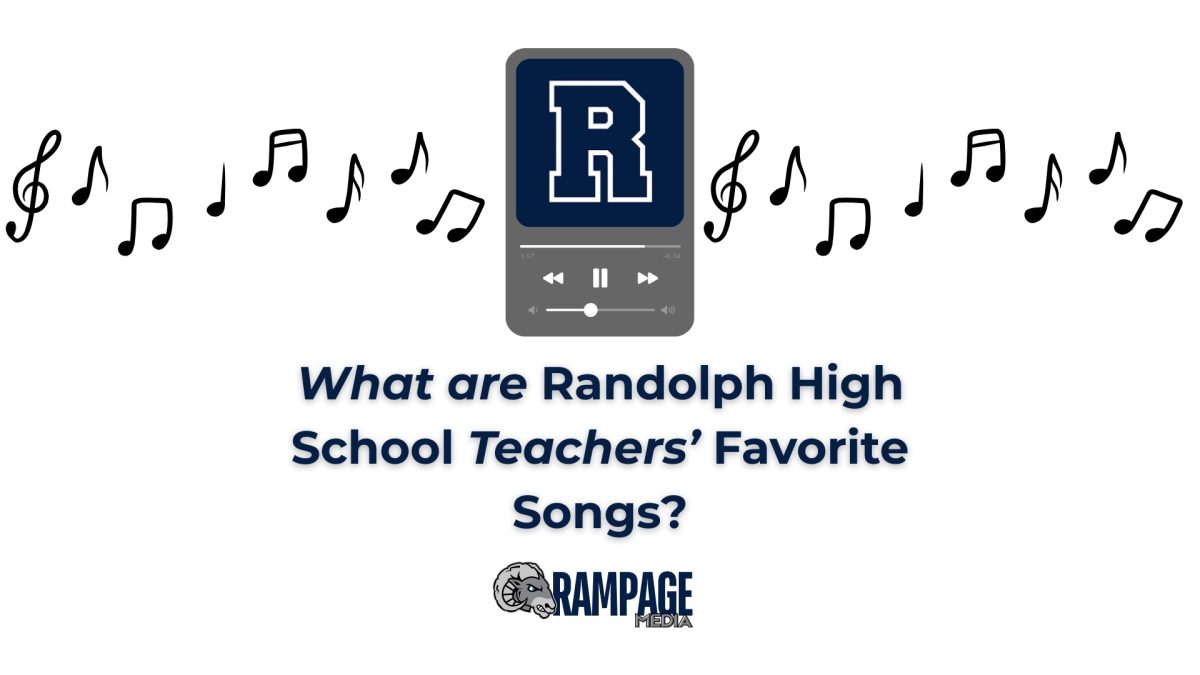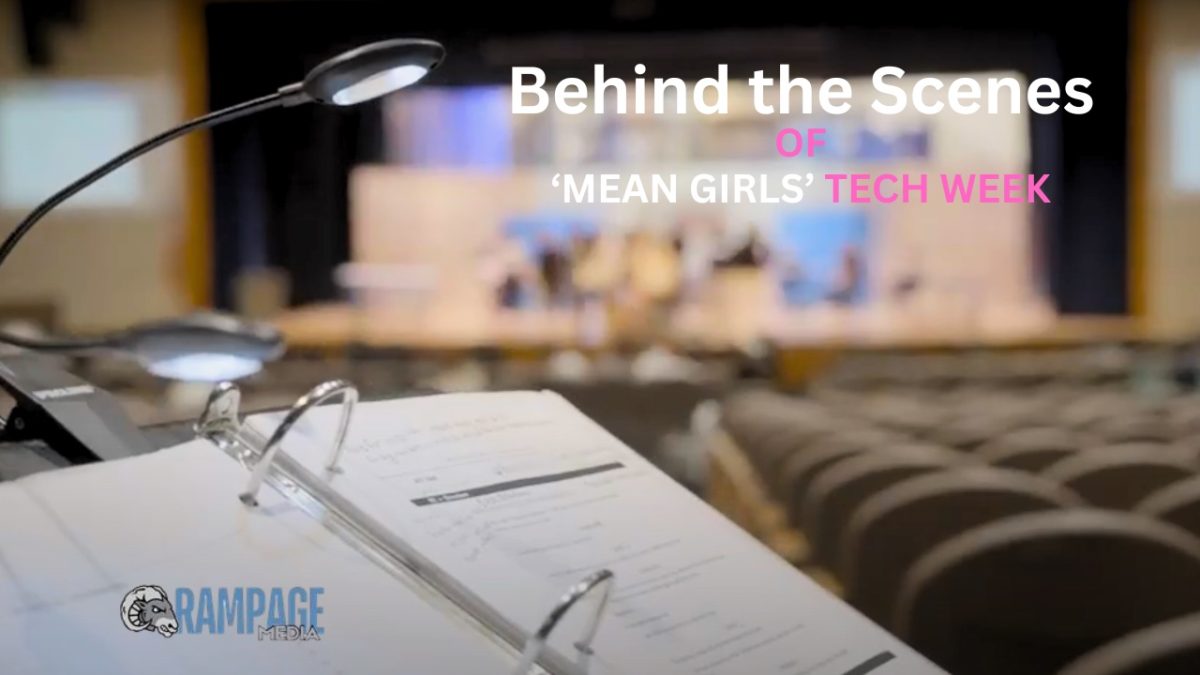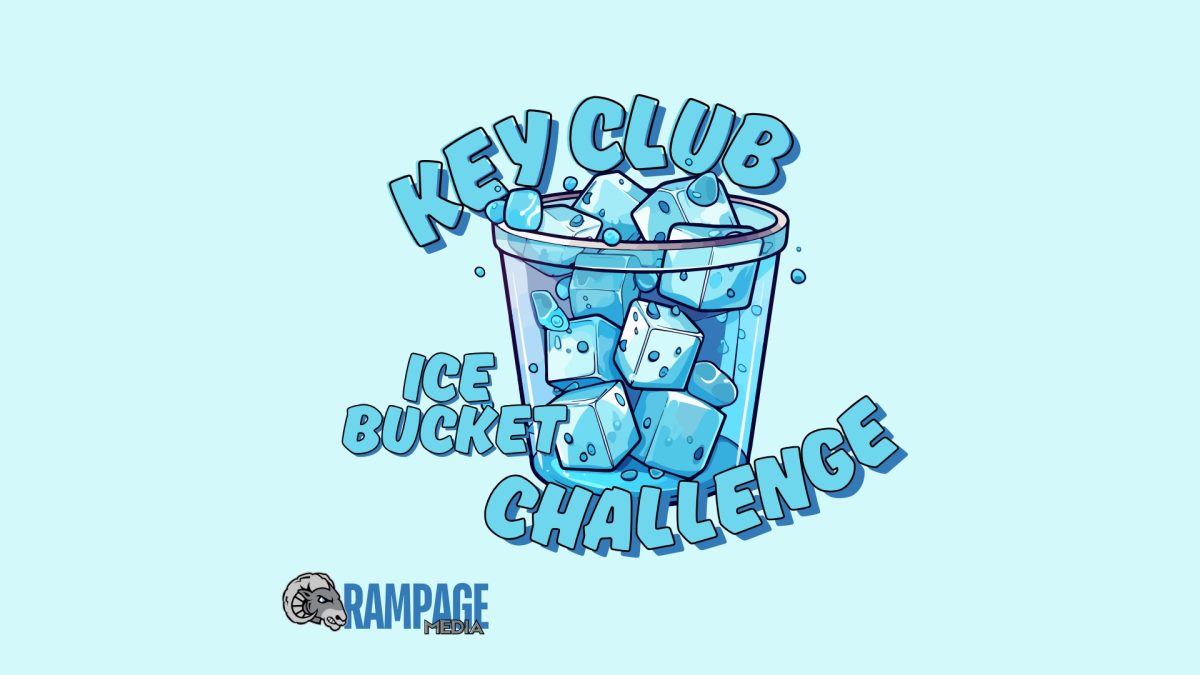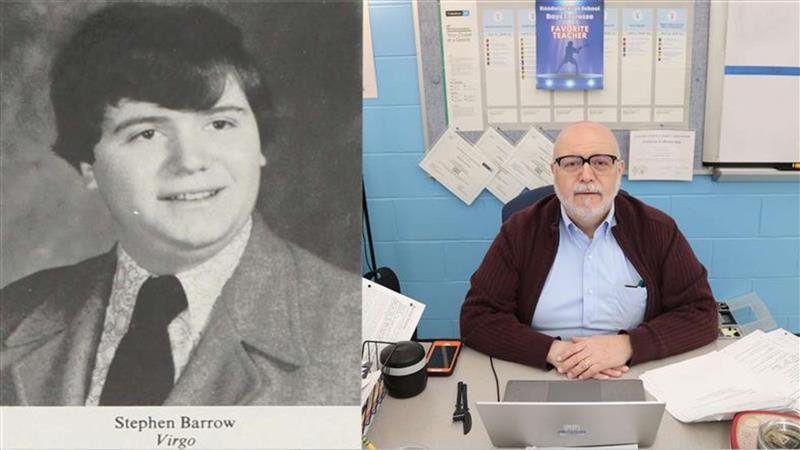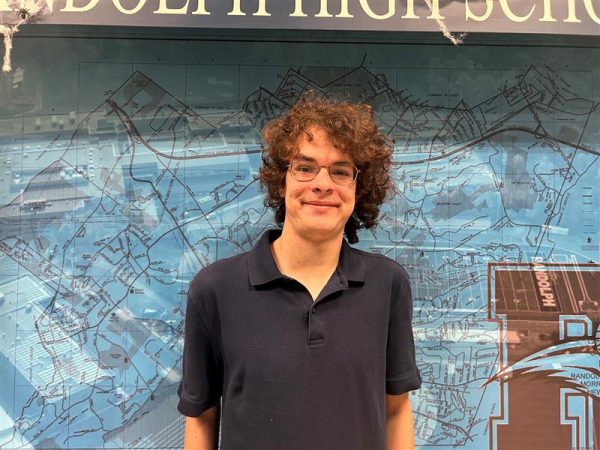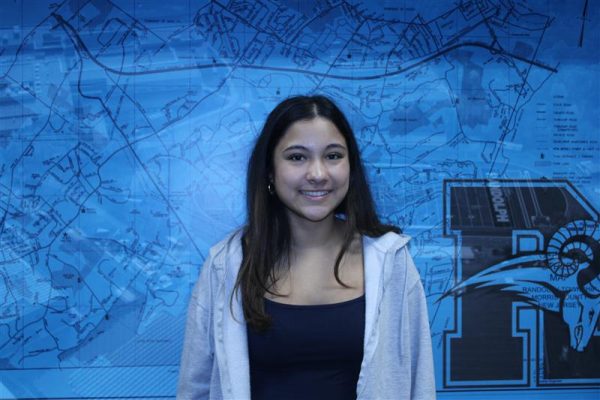After completing six years of elementary school, three years of middle school, and four years of high school in one’s hometown, it is no wonder why most students are eager to move forward with their lives and never look back.
RHS, however, boasts many current educators who are also alumni, having chosen to return here for their careers after attending the high school years ago as students. During the 2023-2024 school year, at least 11 RHS alumni were employed at the high school, including the following:
- Stephen Barrow, Class of 1978 – Teacher of Social Studies
- Beth Bierals (ne: Kaplan), Class of 1989 – Teacher of Special Education/ English
- Meghan Murphy (ne: Windt), Class of 1992 – Teacher of Special Education/ English
- Luke Suttile, Class of 1996 – Teacher of Art/ Photography, Track & Field Coach
- Nicholas Albanito, Class of 1998 – Teacher of Health and Physical Education, Track & Field Coach
- Michael Sorge, Class of 2001 – Vice Principal
- Ryan Zavala, Class of 2005 – Teacher of Social Studies
- Matthew Swiss, Class of 2005 – Teacher of Music, Choral Director
- Ryan Hallock, Class of 2006 – Teacher of Mathematics
- Aoma Caldwell, Class of 2013 – Teacher of Music, Director of Orchestras
- Nicole Nissel, Class of 2019 – Teacher of Chemistry; Speech & Debate Co-Advisor
Rampage spoke with seven of the teachers highlighted above, all of whom were willing to share their unique perspectives on how the school has evolved over the years and why they are proud to be faculty members in the Rams community.
Rampage: Why did you choose to come back to work at RHS?
Barrow: There are actually a couple of reasons. I still live in Randolph, and when I was making the career change from the corporate world into education, I ended up doing a lot of substituting in Randolph and covered Mrs. Kanya’s first maternity leave. A position opened up mid-year, and I was asked if I wanted to interview for the position, and I did. The chance to teach in the high school that I graduated from and in the town I lived in was a win-win, and I ended up getting the position.
Bierals: I came back to RHS by accident. I was an elementary teacher, and because I had a special education certification, I was recommended for a long-term leave. The long-term position turned into a permanent position very easily because I loved working with teenagers. RHS was a great high school. I love pride, and I often say that I bleed blue.
Caldwell: Originally, I hadn’t planned to come back to RHS. I wanted to go far away and do cool things. But once I’d gone to enough places and done enough cool things, I realized that a lot of what matters to me can be found right here. That includes meaningful work with my favorite orchestra program; I wanted to take care of it.
Hallock: I was not sure where I would end up teaching while I was in school. It was perfect timing. When I graduated from Montclair State, Randolph was one of the schools with a teaching job opening. I enjoyed my time here as a student and thought it would be a great opportunity to give back to the school that gave me my education. Working at Randolph has been a great experience.
Murphy: After I graduated college, I started working at Shongum Elementary. I worked there for over 20 years. I was looking to make a change, and there was a position open at RHS. I was excited for the new opportunity and happy to be back at my old high school. Best decision ever.
Suttile: Fresh out of college I was working as a graphic designer for a vitamin supplement company, and it wasn’t as exciting as I hoped being a “designer” would be. For a long time, I had wanted to use my interest/knowledge in photography in my job in some way. And what I was doing didn’t really allow me the creative freedom or access to the arts I was used to. So, when RHS had an opening for a photography teacher, I thought it was a good chance to pursue something I had always loved doing. It had only been five years since I graduated RHS, and I felt I understood what the student experience was like. So, I would be able to continue with my love for photography and hopefully coach track and field, which obviously ended up happening, so it was a win-win. I took the job in 2001.
Zavala: I interviewed in a couple of districts out of college when I was looking for my first teaching job. Randolph was the first to offer me a job, and I accepted. I have no regrets.
Rampage: Did your education at RHS shape how you teach today? If applicable, how does it feel to be working with any former teachers?
Barrow: I try to remember what is like as a student and try to get my students to understand what/why they are studying, whether it be American history or economics. I tend to focus on the ideas that are most important to understanding everyday life and hopefully impart the required skills so my students can become engaged citizens when they leave RHS.
Caldwell: It certainly did. I understand a lot of what my students are going through and what it’s like to be a teenaged person in this place. I even had some of the same teachers as my students currently do. So even if I can be a little strict sometimes, it’s with students’ best interests in mind.
Hallock: Yes, I was motivated by my high school teachers. It is great being able to teach alongside of them now.
Suttile: When I first started teaching here, many of the teachers that I had in high school were still teaching and mentoring me in a way. My mother was the ceramics and sculpture teacher at the time, and I learned ceramics from her. Jim King, who was my photography teacher in high school, acted as my mentor in learning to teach the subject. And my track and field coaches from high school, Mike Lyons, who’s now a phys ed teacher at RMS, and Ted Leoffler, who was a VP and AD at the time, acted as mentors for me in coaching. Basically, I learned again from many of the people who were formative to me during my high school education.
Zavala: Having grown up in the same community as my students, I feel as though I can relate to them in that aspect. I know the priorities and values of the community and understand the importance this town places on education. Working here was a bit odd at first. I remember an English teacher, Mrs. Courtley, who has since retired, telling me that it is time to start calling her Mary. It was a comical moment but also really made me feel that I had officially crossed over from a student to a member of the faculty.
Rampage: How has the school changed since you were here?
Barrow: The school itself is so much bigger; the wings that contain the 170s/270s and 180s/280s, the auxiliary gym, and the additions to the music wing did not exist when I was a student here. The Commons was 2/3 smaller; you have to remember that my first year of high school was in the current middle school – it was still the high school then. The current RHS building was brand new when I started my sophomore year. Also, the number of course offerings, extra- and co-curriculars, and sports programs is so much greater.
Murphy: When I went here, the library was two stories and had a staircase in the middle. The D wing was not built, and the Commons was not as big. It had a patio that seniors would sit at to have lunch because we could not leave for lunch. There was a student smoking section outside. It was where the administration parking lots are now. We had a homecoming dance, a semi-formal, and of course, junior and senior proms, in the Commons.
Suttile: The physical school building has gotten larger due to two different renovations. The student population is much larger than when I was in high school; we were probably around 1000-1100 students compared to now, where we are over 1400, and were at our largest, close to 1800 students, around five years ago. There are so many more offerings in terms of programs of study, sports teams offered, and clubs available to current students compared to the late 1990s. But those are just signs of the changing times
Zavala: Aside from the additions to the building and the new athletic facilities, not much. Also, security is much tighter.
How have the students and public education in general changed?
Barrow: Students, in my humble opinion, are over-scheduled and over-extended. This is not a dress rehearsal and there are no do-overs. Students are so fixated on grades and what college they will get into; looking for the name. It seems to me that the students, reflecting society as a whole, are not concerned with the idea of a well-rounded education anymore. I don’t get a sense of education for the sake of having a well-rounded citizenry. There’s been such a poor view and attitude concerning the humanities. The study of history, literature, music, art, and culture in general is what makes us truly human.
Suttile: Students in general have changed a lot. It might sound harsh, but on a whole, current students are less capable of decision making and critical thinking. They struggle with social awareness and face-to-face interaction in a way that students from when I was in high school, as well as in the beginning of my teaching career, did not. In my opinion, the rise of digital and social media is for sure to blame, but I don’t want to go off on a rant. Public education has evolved along with this change in students, mainly to keep up with digital advancements and student “needs.” It is a much more formulaic approach, and I don’t think it is to the benefit of the student population in many situations.
Zavala: The easy answer would be to discuss the impact smartphones and social media have had on the younger generations. But leaving that aside, I don’t think the students have changed that much. Kids are kids and always will be. Some students are highly motivated while others have not yet discovered their passions. Some mature beyond their years, while others develop at their own pace. Some are polite and respectful, while others have a bit more angst. This has always been the case. To say my generation was any different would not be true.
Rampage: How well do you think RHS prepared you for college?
Caldwell: Academically, I felt very prepared for college. I was so prepared, they had me help other students write their essays. (Thanks, Mrs. Kessell!) What I wish I’d learned earlier, though, is balance. Ultimately, health is more important than resumes. I hope RHS students will keep that in mind.
Rampage: Do you feel like having gone here has made you a better teacher?
Barrow: Yes, because I know the town and its history and can make some common connections with my students. Also being a parent of an RHS graduate–my daughter, Catherine, was Class of 2014–I believe has helped bridge some gaps as well.

